Food is fuel, especially if you’re training to conquer your next Ragnar! Every runner needs high quality fuel for optimal performance. The right foods can promote muscle growth and aid in muscle repair while the wrong ones can set you back or even cause injury. To dial in your performance, ditch these 12 foods:
1. Diet soda. Instead of sugar, diet soda is sweetened with artificial sweeteners like aspartame, cyclamate and acesulfame-k. The caramel-colored bubbly is known for causing kidney problems, dehydration, sugar cravings, and weight gain.
2. Cookies and candy. We have all been there… you’re in the middle of a race and all you can think about is “EATING ALL THE CANDY”. Cookies and candy will never be healthy, but the key is learning to enjoy them in moderation. The next time you’re craving a Snickers bar choose a healthier snack full of nutrient-dense carbohydrates and protein.
3. Full-fat dairy. Unless you’re a runner that needs to gain weight you may not need the extra fat and calories found in full-fat dairy. Though you probably don’t need to exclude all full-fat dairy it most likely matters what kind you choose to eat. Instead of eating ice cream consider grabbing a bowl of full-fat yogurt with berries.
4. Saturated and trans fat. Foods that contain hydrogenated oils and trans fats raise LDL cholesterol (i.e., bad cholesterol) and can increase the risk of heart disease. Instead, runners should choose healthy fats that raise HDL cholesterol (i.e., good cholesterol) such as avocados, nuts, seeds, olive oil, and seafood.
5. Alcohol. There’s no need to completely eliminate alcohol, but you don’t want to over do it. Doing so can lead to slower reaction time, dehydration and decreased performance. Beer is a better alternative to hard alcohol because of its water content. But remember to load up on carbs, and not beer, pre-race day!
6. Fried foods. We know they’re tasty, but fried foods should be avoided before your next workout. They are calorie dense and take much longer to digest, which can lead to gastrointestinal distress.
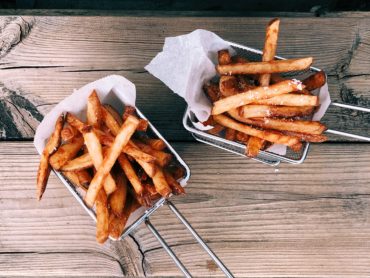
7. Caffeinated beverages. Some research has shown that moderate amounts of caffeine can be good for performance, but stick with low to moderate doses as caffeine can cause dehydration and be hard on the stomach.
8. High-Fructose corn syrup (HFCS). You can find HFCS in many commercial baked goods, sodas, tomato sauces, and even some salad dressings. The next time you have a sugar craving, grab a piece of fruit!
9. Sugary cereal. While colorful cereals are tempting they are loaded with sugar. This leads to a spike in insulin, priming your body to store more fat. Look for cereal with 10 grams of sugar or less per serving as well as three or more grams of fiber to slow digestion.
10. White gains. White bread, rice, and pasta are okay in moderation, but they are not ideal. They have been stripped of wheat germ and thus their nutrients and fiber. Eating these highly processed foods can raise insulin levels, which can lead to dips in energy, cause sugar cravings, and potentially lead to weight gain. Sticking to whole grains will give you more nutrients and lasting energy.
11. White chocolate. Cocoa has plenty of antioxidants, minerals and fiber. Dark chocolate offers the most health benefit from cocoa, while white chocolate has little to no cocoa and thus none of the benefit. White chocolate offers calories, sugar and fat; that’s about it. Milk chocolate isn’t much better. If you’re going to indulge in chocolate, go for the dark stuff and avoid the white stuff, especially white chocolate drinks.

12. Processed Red Meat. Research suggests chronic intake of processed red meat may increase risk for colon cancer. Examples of processed red meat include ham, sausages, bacon, jerky, cured or smoked meat and hot dogs. What is not clearly understood is what exact component of processed red meat increases risk for cancer. It may be the nitrates formed in red meat during certain cooking methods. When meats are cured, smoked or char grilled nitrate levels will increase. If you’re a big red meat eater, remember the saying “everything in moderation.”
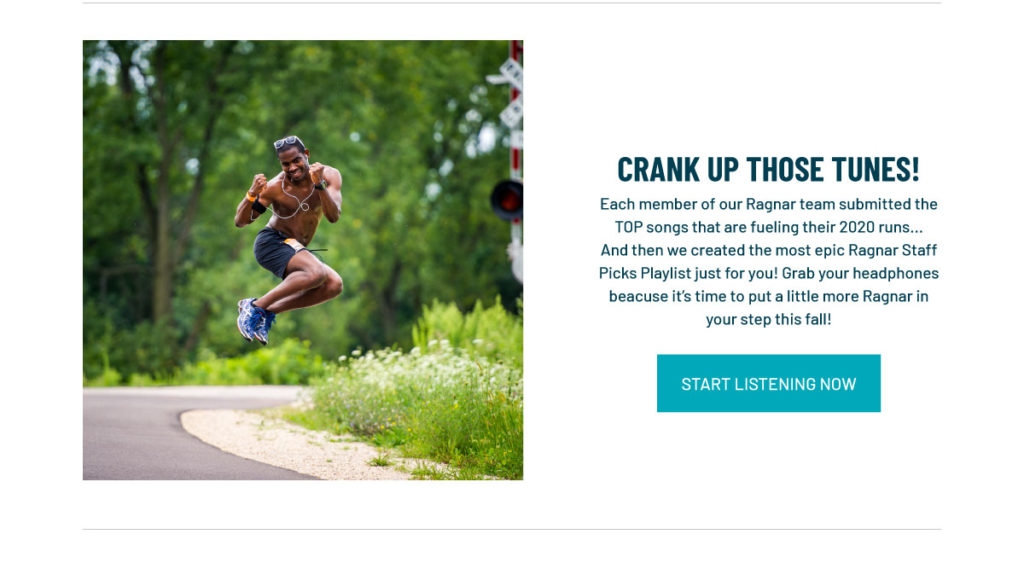


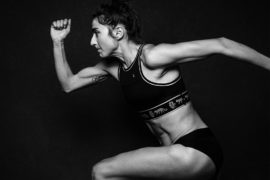
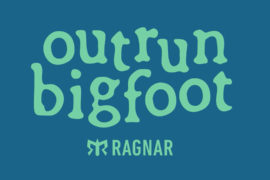
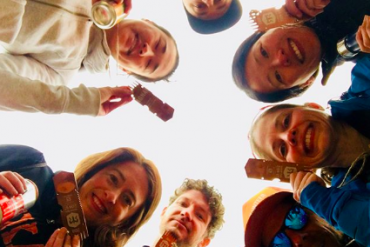
While I generally agree with the entire list, the one exception is #3, Full Fat Dairy. Your advice is antiquated and misguided. The recommendation to avoid full fat dairy came out in the 70’s and has largely been shown to be unfounded. In fact, recent studies show (http://articles.mercola.com/sites/articles/archive/2014/09/29/full-fat-dairy-products.aspx#_edn2) that eating full fat dairy is better for your overall health and reduces your chances of getting diabetes. On top of that, it’s a complete myth that eating fat makes you fat so your commentary about runners who need to gain weight is not only ignorant, but mildly insulting. Runners in fact need more fat in their diet since they are active and exercising.